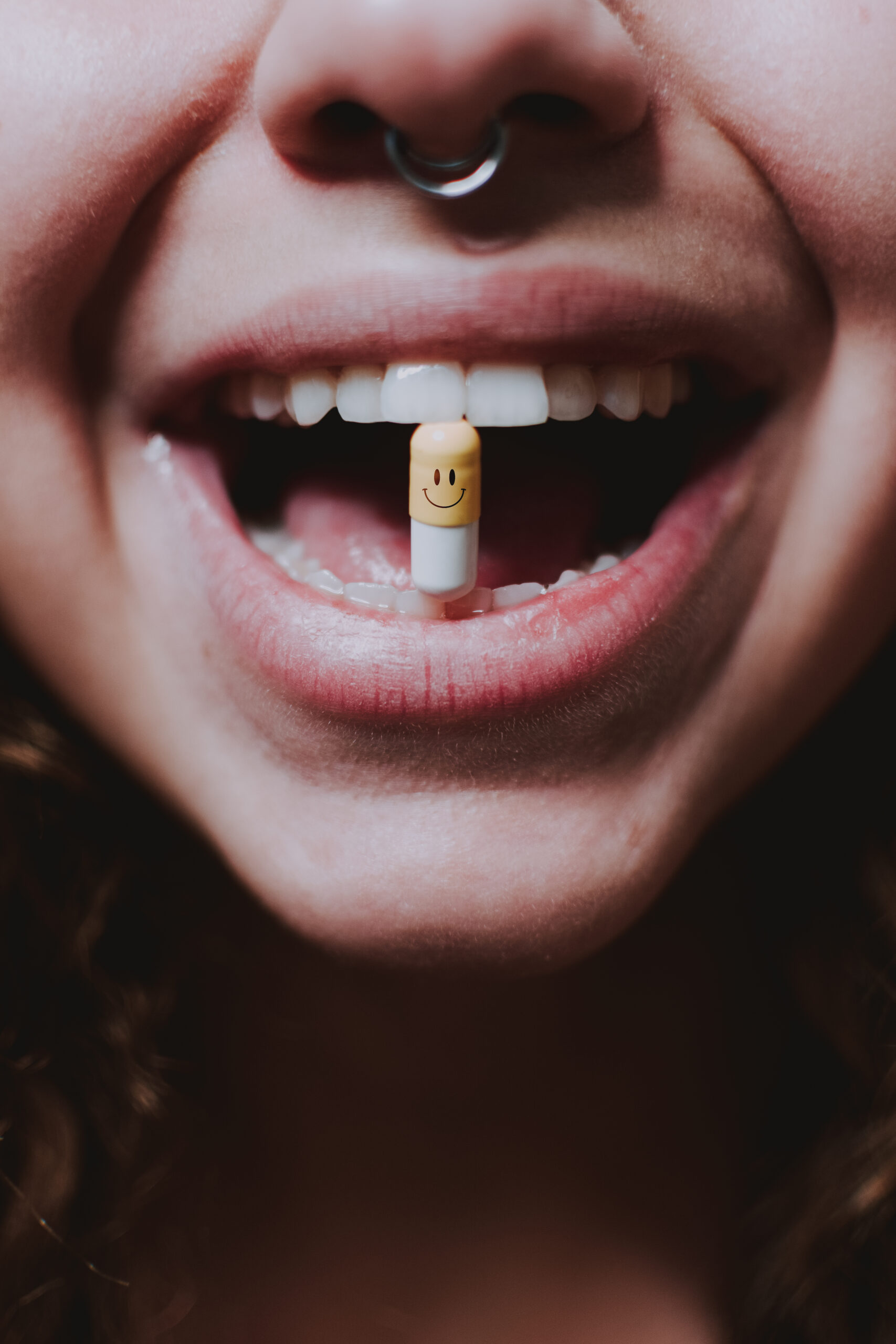Can tooth decay be caused by medication?
Title: Can Medications Contribute to Tooth Decay? Exploring the Link
Introduction:
As we strive to maintain good oral health, it’s important to understand the various factors that can affect our teeth and gums. While we’re aware of the role of diet, oral hygiene practices, and genetics in tooth decay, another aspect that is often overlooked is the potential impact of medications. Yes, certain medications can indeed contribute to tooth decay, and in this blog, we will explore this connection in more detail.
Understanding Tooth Decay:
Tooth decay, also known as dental caries, occurs when the enamel (the outer protective layer of the tooth) becomes damaged due to the acids produced by bacteria. This damage leads to the formation of cavities, which can worsen if left untreated. Common causes of tooth decay include poor oral hygiene, a diet rich in sugars and carbohydrates, dry mouth, and genetics.
The Connection to Medications:
Several medications, both prescription and over-the-counter, have been associated with an increased risk of tooth decay. The reasons behind this connection can vary, but it’s often related to the medication’s impact on saliva production, pH balance, or the composition of oral bacteria.
1. Dry Mouth (Xerostomia):
One of the main ways medications can contribute to tooth decay is by causing dry mouth, or xerostomia. Saliva plays a crucial role in maintaining oral health as it helps neutralize acids, wash away food particles, and inhibit bacterial growth. However, certain medications, such as those for allergies, depression, hypertension, and even some antihistamines, can reduce saliva production, leading to dry mouth. With less saliva, the protective functions are compromised, making the teeth more susceptible to decay.
2. Altered Saliva pH Balance:
Some medications can alter the pH balance in saliva, creating an environment that favors the growth of acid-producing bacteria. For example, antacids, which are commonly used to treat heartburn, can increase the acidity in the mouth. Similarly, medications that contain sugars or are themselves acidic, like syrups or lozenges, can contribute to tooth decay if they are not properly rinsed or cleaned from the teeth.
3. Sugar Content in Medications:
Certain medications, particularly syrups and chewable tablets, can contain high amounts of sugars. When these sugary medications come into contact with teeth, they provide a food source for the bacteria in the mouth, increasing the risk of tooth decay. It is essential to maintain good oral hygiene practices, such as rinsing the mouth or brushing the teeth after taking such medications.
Prevention and Tips:While it’s important to understand the potential impact of medications on tooth decay, it doesn’t mean we should avoid necessary medications. Instead, there are ways to mitigate the negative effects on oral health:
1. Stay hydrated: Drink plenty of water to help combat dry mouth and promote saliva production.
2. Talk to your healthcare provider: Inform your doctor or dentist about any medications you’re taking to assess their impact on your oral health. They may be able to suggest alternatives or provide recommendations to minimize the risk.
3. Maintain good oral hygiene: Brush your teeth twice a day with fluoride toothpaste, floss daily, and visit your dentist regularly for check-ups and cleanings.
4. Rinse your mouth: After taking medications, especially those with a high sugar content, rinse your mouth with water or mouthwash to minimize the exposure to sugars and acidic substances.
Conclusion:
While tooth decay is primarily caused by poor oral hygiene habits and a high sugar diet, it’s important to recognize that some medications can also contribute to this dental problem. Understanding the potential risks associated with certain medications and implementing preventive measures can help safeguard our oral health. Regular dental check-ups and open communication with healthcare providers are essential in managing any potential side effects on dental health. Remember, a little extra care can go a long way in preserving your beautiful smile!



